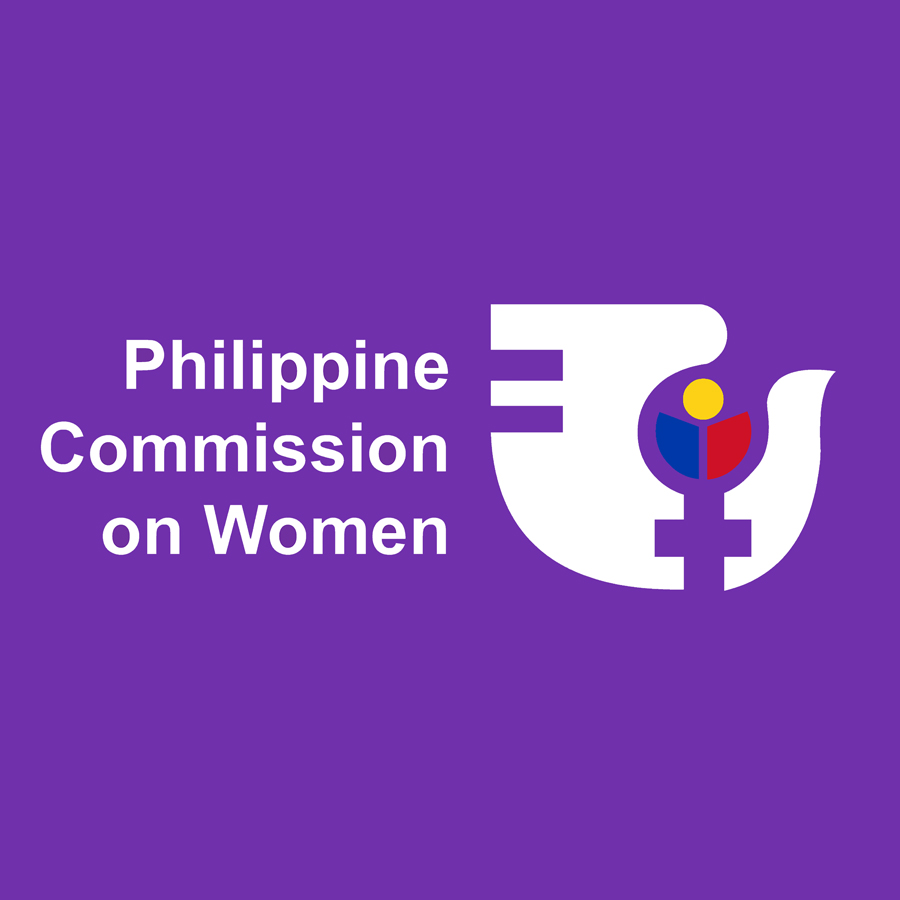PCW: Protect domestic workers, ensure freedom from violence

Every domestic worker deserves respect, never violence.
The Philippine Commission on Women reiterates the need to protect the life and security of Filipino domestic workers around the world.
Domestic work is the dominant profession for migrant women. According to the International Labor Organization, women make up 80% of the 67 million domestic workers globally.
However, domestic work abroad exposes women to different human rights violations, making them among the most exploited and abused workers in the world. This includes, but is not limited to physical, psychological, and sexual abuse, forced confinement in the workplace, non-payment of wages, and excessively long working hours with no rest days.
Such abuse occurs despite the existence of measures meant to protect them. There is the International Convention on the Protection of the Rights of All Migrant Workers and Members of their Families, to which the Philippines is a State Party. Article 16 of which states that “Migrant workers and members of their families shall have the right to liberty and security of person.” Under the same Article, migrant workers and members of their families shall be entitled to effective protection by the State against violence, physical injury, threats and intimidation, whether by public officials or by private individuals, groups or institutions. Hence, the State is mandated to protect them from violence, regardless of who the perpetrator is.
In addition, the Magna Carta of Women provides for the designation of a Gender Focal Point Officer in Philippine Embassies and Consulates, who shall be primarily responsible in handling gender concerns of women migrant workers. Thus, Philippine Embassies and Consulates should be at the forefront of safeguarding the rights of Filipino women domestic workers abroad.
We call on all entities, public and private, to ensure that our Filipinos abroad work with dignity, free of violence. Let us not deny them the labor protections they deserve while they make sacrifices for their families. Let us afford them the safe environment that we have committed to provide under international treaties and our national laws. As they contribute to nation-building by being in the workforce, despite the circumstances and the difficulties they have to face, let us make sure that their sacrifices won’t be put to waste because of abuse and violence.

